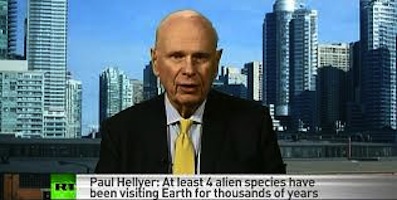Mayer Rothschild is famously quoted as saying “Permit me to issue and control the money of a nation, and I care not who makes its…

walt mcree
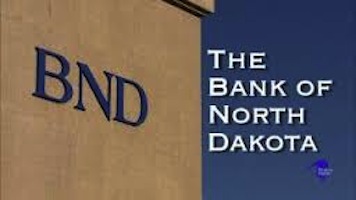
We continue our conversation with the preeminent historian of the Bank of North Dakota, Dr. Rozanne Enerson Junker, about the founding factors and functional dimensions…
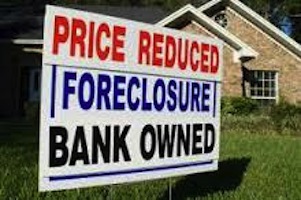
The Bank of North Dakota has generated a groundswell of excitement and amazement that its founders couldn’t imagine. It started with a simple goal of…
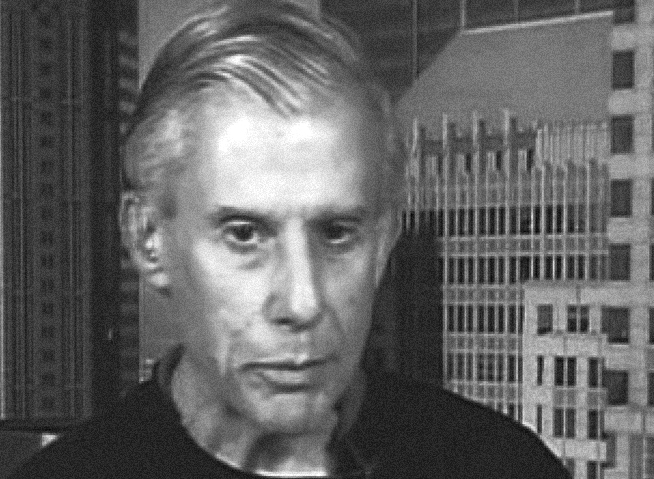
It isn’t just the Greeks, or the Cypriots, or the Irish, or the Icelanders suffering the price of financial terrorism – the extractive demands of…
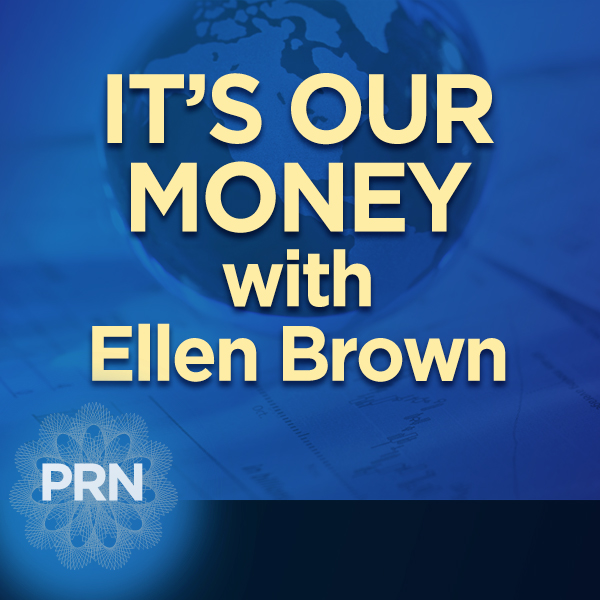
Anchorman Howard Beale’s outburst that mobilized a nation to scream out their windows in anger at the tyranny of the powers-that-be makes an apt sequel…
